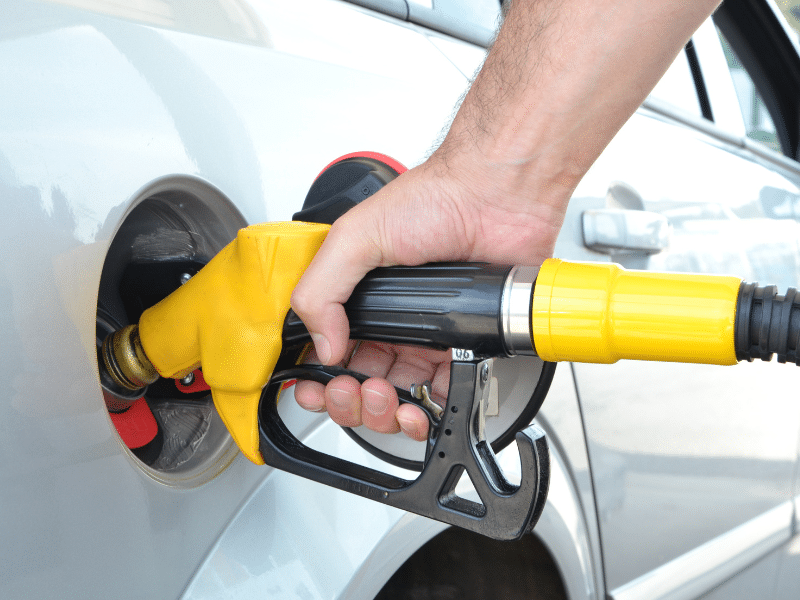In recent years, fuel economy has become a major concern due to rising oil prices and environmental damage. People are looking for ways to save money on fuel while reducing their environmental impact.
Your vehicle’s fuel efficiency depends on how you drive it, its condition, and the environment. You can achieve better fuel economy by adopting good driving habits and maintaining your vehicle properly. Here are some simple tips to help you get more mileage out of your vehicle.
Drive Safe
Plan your route before you leave to avoid congested roads and rush hour traffic. Use technology such as cruise control and eco-mode to help you maintain a steady speed and save fuel.
Avoid carrying heavy loads in your vehicle, which can increase fuel consumption and reduce mileage. Keep a safe following distance from the vehicle ahead of you to avoid sudden braking and unnecessary acceleration.
Drive Smarter
Driving at high speeds can increase your vehicle’s fuel consumption and reduce its mileage due to the added air resistance and rolling resistance. Studies show that most vehicles experience a substantial decrease in fuel economy at speeds above 50mph.
By reducing your speed by just 5-10 mph, you can significantly improve your vehicle’s fuel economy, resulting in savings on fuel costs. In addition to using cruise control, avoiding sudden acceleration and maintaining a steady speed can also contribute to better fuel efficiency.
Use the air conditioner
There is a common belief that rolling down the windows and turning off the AC can help save fuel, but according to experts, this may not be the most efficient method for modern cars. It is now recommended to drive with the windows rolled up and use the vehicle’s air conditioning system to cool down.
This is because air resistance increases when windows are down, which in turn, reduces fuel economy. Additionally, using the AC on low settings and only when necessary can help conserve fuel and prolong the life of the AC system.
Declutter your car
It’s common for people to pack their vehicles with unnecessary items like golf kits, tents, books, and backpacks when traveling. However, carrying extra weight in the vehicle can have a negative impact on fuel efficiency.
Even an additional load of just 100 pounds can reduce fuel economy. To improve fuel efficiency, it’s advisable to remove any excess weight both inside and outside (like roof racks or bike racks) of the vehicle. Furthermore, avoiding carrying heavy items when not needed can also help you save fuel.
Keep your tires properly inflated
It is important to maintain the correct tire pressure in order to maximize your vehicle’s fuel efficiency. Driving with under-inflated tires can decrease your mileage by as much as 0.3 percent for each 1 psi decrease in pressure across all tires.
Maintaining proper tire pressure reduces drag and resistance on the road, leading to increased mileage and a reduced risk of tire wear. To ensure your tires are properly inflated, consult your vehicle’s owner’s manual for the recommended PSI and check your tire pressure regularly.
In addition, it is recommended to check the tire pressure when the tires are cold, as driving can cause the air inside the tires to expand and provide a false reading. You can use a tire pressure gauge to measure the pressure accurately and inflate the tires as needed.
Regular maintenance for better fuel economy
Regular maintenance of your vehicle is important for fuel efficiency. Neglecting basic maintenance such as air-filter replacement, oil changes, and spark plug replacement can lead to reduced fuel economy.
Adhering to the recommended service schedule from the manufacturer helps not only in improving fuel efficiency but also in minimizing emissions and prolonging the lifespan of your vehicle
Our services are available to you whenever you require them, be it for scheduling routine maintenance, replacing worn-out tires, or obtaining repair services.


